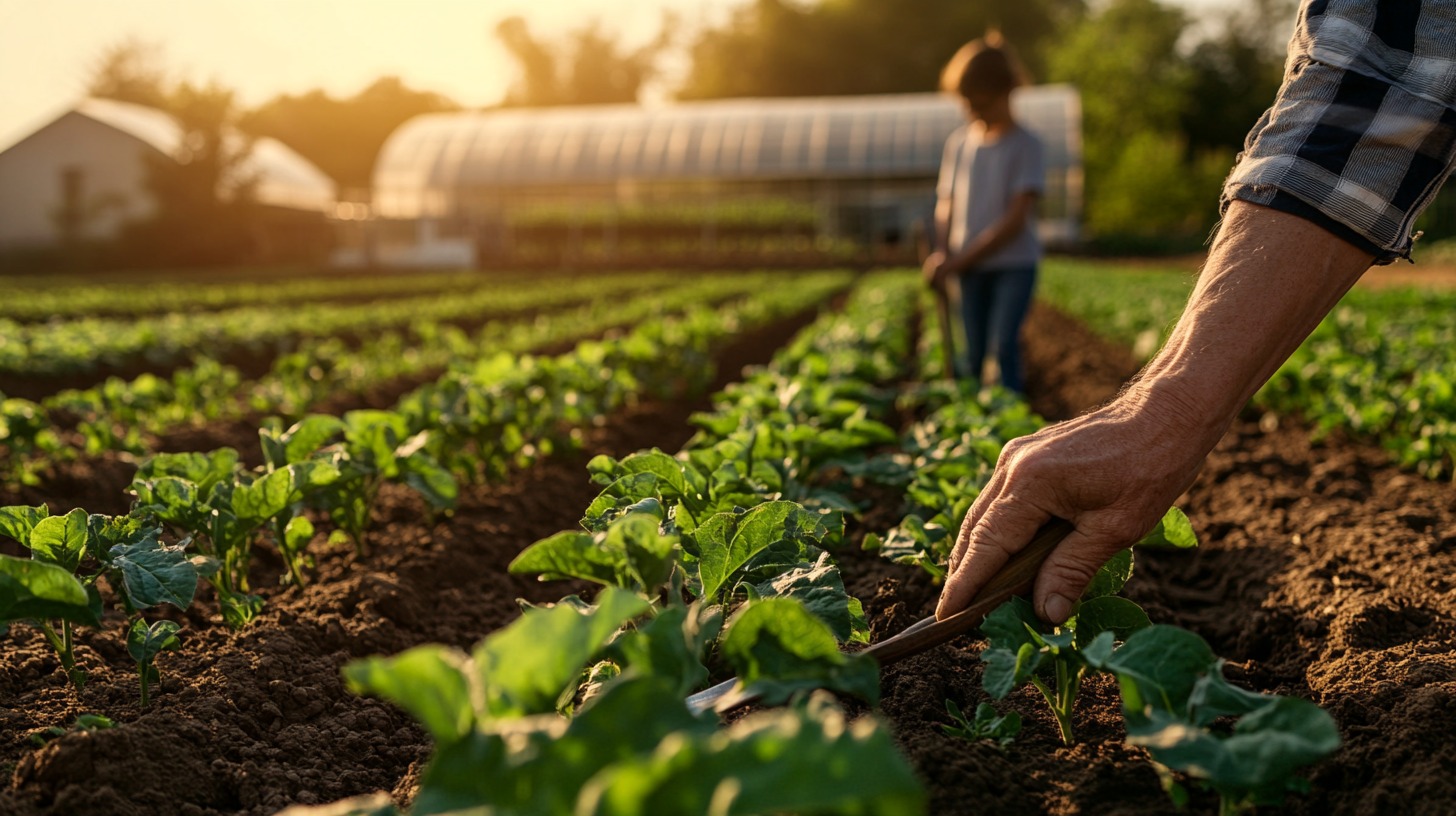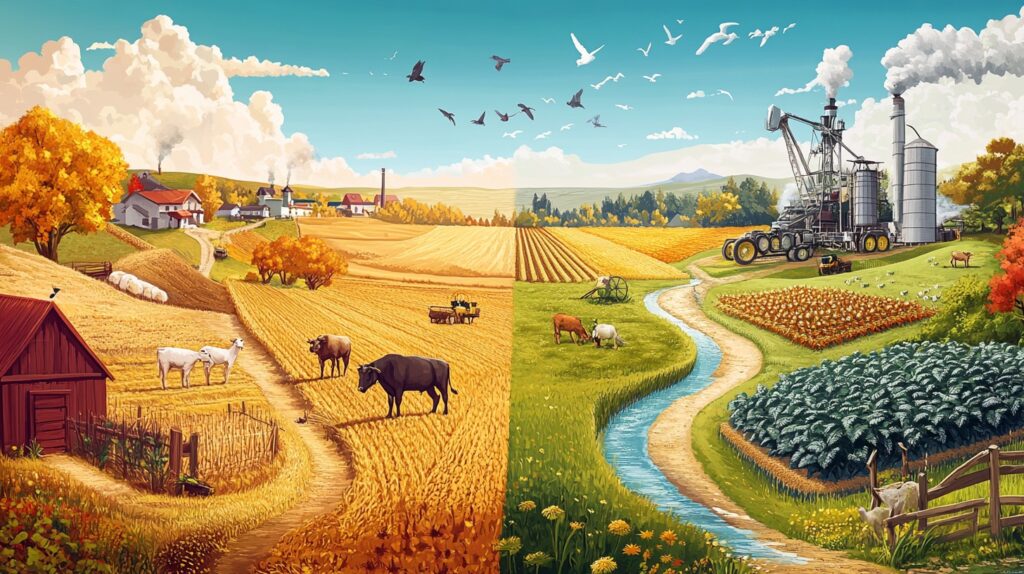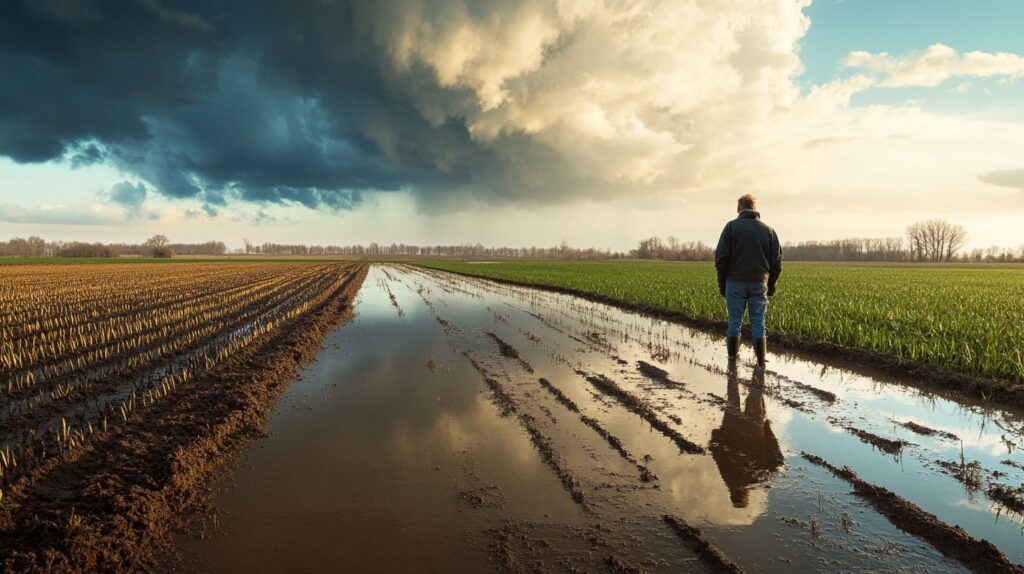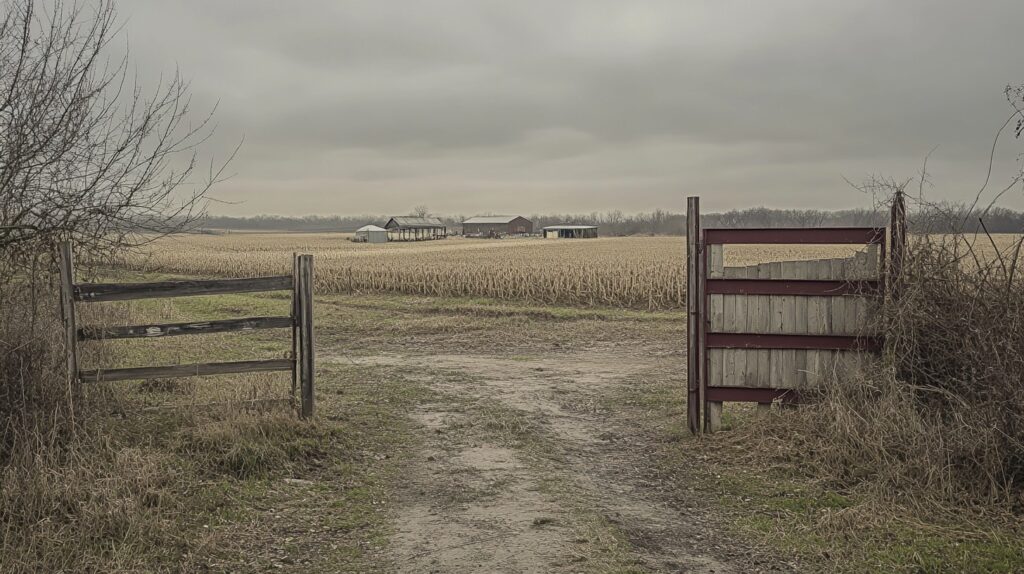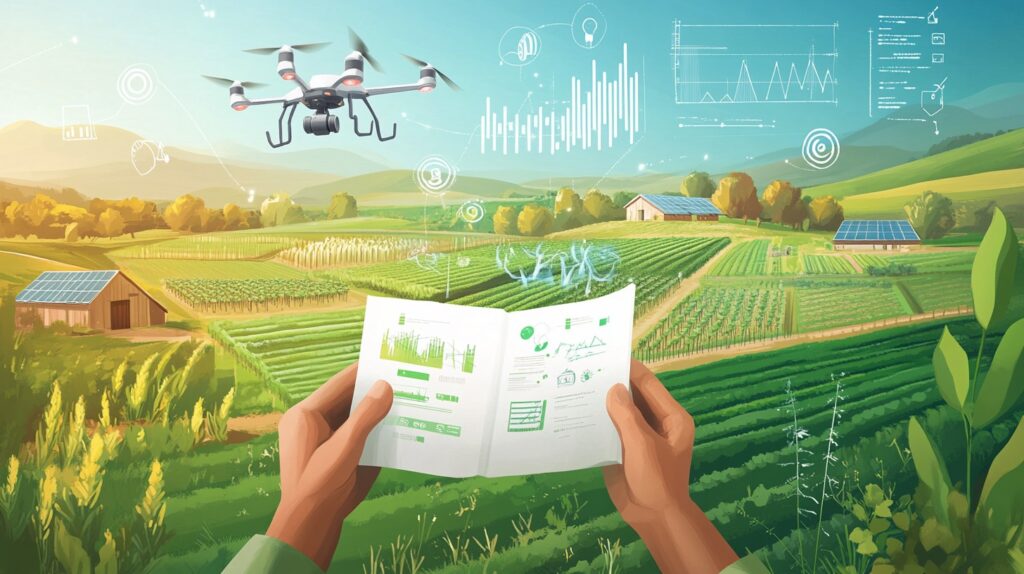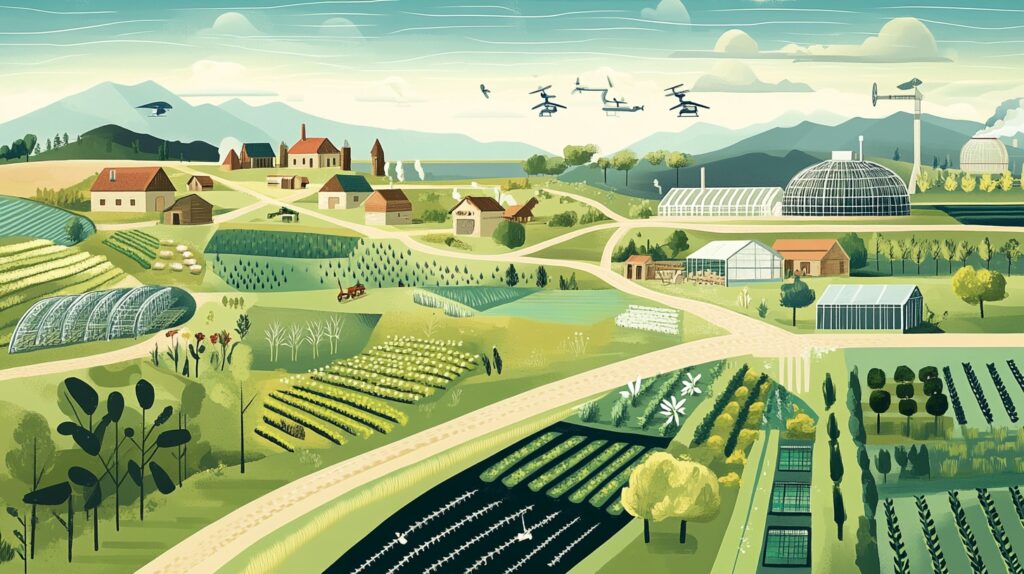“Intergenerational Learning in Agro-Entrepreneurship” post is an introduction to the EU Funded project named “Intergenerational Hub for the Amelioration of Sustainable Agricultural Practices and Entrepreneurial Mindset” with the reference number 2022-1-DE02-KA220-ADU-000085106. This blog post explores the vital role of Intergenerational Learning in Agriculture, showcasing how it can transform farming practices for a sustainable future.
L4Y Learning for Youth GmbH coordinates it with the partners KMOP, Polish Farm Advisory, Citizens in Power, Challedu. Here is the home page of the project.
Introduction
In recent years, the agricultural landscape has witnessed a notable transformation, with the term ‘agro-entrepreneur’ supplanting the traditional label of ‘farmer.’ This shift, therefore, reflects a growing trend of farmers venturing into risk-taking endeavors to transform their agricultural practices into lucrative businesses. However, amidst this evolution, environmental concerns loom large. For instance, issues like soil degradation and water scarcity are often overlooked in favor of profit margins. In this blog, we explore the challenges agro-entrepreneurs face and the GrandFriend project’s efforts to promote intergenerational learning in agriculture.
Framework of Experiential Learning
To adopt sustainable farming methods, consequently, farmers need to share knowledge and skills across generations. Furthermore, collaboration is key to implementing these methods effectively. Examples of intergenerational programs and learning approaches are outlined in the Grand Friend Guidebook. Moreover, these approaches align with Mezirow’s (1997) experiential learning framework, focusing on knowledge enhancement and perception shifts. Here are the four learning approaches identified by Rupĉić (2018):
- Zero learning: Learning certain behaviours and repeating them to build knowledge.
- Learning 1: Changing skills and attitudes depending on acquired knowledge.
- Learning 2: Learning how to learn. This process depends on the individual.
- Learning 3: Mental shift leading to the transformation of thinking, which can lead to new practices.
Benefits
Moreover, these approaches complement each other, leveraging learners’ experiences to foster knowledge and change perspectives through active learning. Intergenerational programs can promote sustainable practices and technological innovation, benefiting both older and younger farmers. It’s a win-win situation, laying the groundwork for eco-friendly farming and a reduced carbon footprint. Notably, interviews conducted for the project reveal that intergenerational learning in agro-entrepreneurship is both desired and supported. As long as they’re structured with clear objectives, modern curricula, and mentoring by qualified trainers. These were noted as some limitations from Grand Friend project’s interviews.
Challenges
Agro-entrepreneurs face challenges such as technological unfamiliarity and financial constraints. Older farmers may struggle with technology, while younger ones lack financial resources to compete in the agricultural market. In terms of technology, a lack of skill development and training makes it difficult to utilize new tools. It is particularly difficult for small businesses to implement data-intensive technologies. Due to the high costs of acquiring digital tools and implementing technology, larger businesses frequently outcompete smaller ones. As with all tech, ethical concerns arise over data management, storage, and ownership. These challenges hinder efforts to mitigate environmental impacts while ensuring viable livelihoods. Intergenerational programs provide opportunities to overcome these barriers.
Moreover, the COVID-19 pandemic exposed vulnerabilities in agriculture, impacting worldwide trade, food chains, and labor availability. The adaptability and flexibility of agro-entrepreneurs determined the survival of certain individuals compared to others. These lessons are important to capture, communicate and discuss among diverse generations of agro-entrepreneurs. While agro-entrepreneurs encounter obstacles in implementing intergenerational learnings, economic instability and climate change pose a greater challenge, demanding industry-wide transformation.
Intergenerational Learning in Agriculture: Conclusion
As we navigate the complexities of modern agriculture, the importance of intergenerational learning becomes increasingly evident. Through frameworks of experiential learning and collaborative efforts, we can, therefore, bridge generational divides and foster sustainable practices in farming. Despite the challenges posed by technological unfamiliarity and financial constraints, the collective wisdom shared through intergenerational programs offers a pathway towards resilience and adaptation in the face of environmental catastrophe. As we confront the pressing realities of climate change, it is imperative that we embrace the transformative potential of intergenerational learning to ensure the future viability of agriculture. Explore our Pedagogical Guidebook to discover how these initiatives can shape a more sustainable and prosperous agricultural landscape for generations to come.
Intergenerational Learning in Agriculture: References
Fleming, T. (2018). Mezirow and the Theory of Transformative Learning. In: pp.120–136. [Online]. Available at: doi:10.4018/978-1-5225-6086-9.
Rose, D. C. et al. (2023). The old, the new, or the old made new? Everyday counter-narratives of the so-called fourth agricultural revolution. Agriculture and Human Values, 40 (2), pp.423–439. [Online]. Available at: doi:10.1007/s10460-022-10374-7.
Rupcic, N. (2018). Intergenerational learning and knowledge transfer – challenges and opportunities. The Learning Organisation. 25(2), 135-142.
‘WDR 2022 Chapter 1. Introduction’, World Bank <https://www.worldbank.org/en/publication/wdr2022/brief/chapter-1-introduction-the-economic-impacts-of-the-covid-19-crisis> [accessed 9 January 2024]

